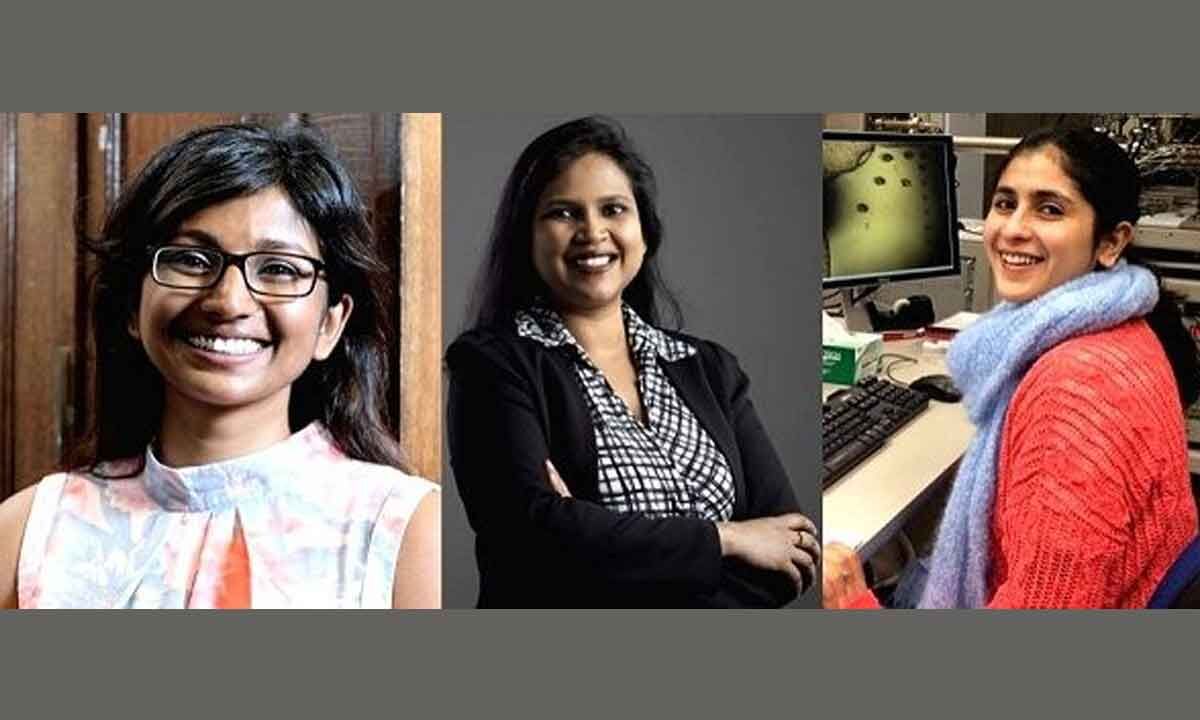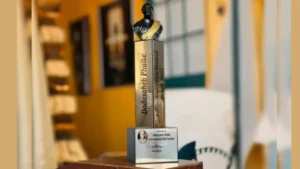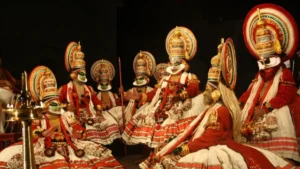
Three Indian-origin women are among 60 scientists, technologists, engineers, and mathematicians who have been selected as Australia’s Superstars of STEM. This initiative aims to smash society’s gender assumptions about scientists and increase the public visibility of females and non-binary people. This year among those recognised as Superstars of STEM include three Indian-origin women: Neelima Kadiyala, Dr Ana Baburamani, and Dr Indrani Mukherjee. Female scientists of Sri Lankan descent have also been chosen for distinction, in addition to Indians.
Every year Science and Technology Australia (STA), which is the country’s peak body in the sector and represents more than 105,000 scientists and technologists, supports 60 Australian experts employed in Science, Technology, Engineering, and Mathematics (STEM) to become highly visible media and public role models. The government intends to scale up the program, according to Australia’s Minister of Industry and Science Ed Husic, who spoke at the event. The national STEM Program is currently being reviewed by the government, and it is intended to be scaled up even more
About Indian origin Superstars of Stem:
Neelima Kadiyala
Ms Kadiyala is an IT Program Manager at Challenger Limited and has over 15 years of experience delivering extensive transformation programmes across multiple industries, including Financial Services, Government, Telco, and FMCG. She moved to Australia in 2003 as an international student to pursue a Master of Business in Information Systems.
Dr Ana Baburamani
Ms Baburamani is a scientific advisor in the Department of Defence – Science and Technology Group and has always been fascinated by how the brain grows and works. “As a biomedical researcher, she seeks to piece together the complex process of brain development and the mechanisms contributing to brain injury,”. In addition to her research, Ms Baburamani, who completed her PhD at Monash University and has spent 10 years as a post-doctoral researcher in Europe, is dedicated to supporting and enabling early career researchers, making science accessible and promoting wider participation in and uptake of STEM careers.
Dr Indrani Mukherjee
Ms Mukherjee is a deep-time geologist at the University of Tasmania and focuses on what drove that biological transition. She has been working as a postdoctoral researcher in Tasmania alongside branching out into fields of public outreach, geoscience communication, and diversity initiatives.




 Legendary Bengali Author Shankar Passes ...
Legendary Bengali Author Shankar Passes ...
 List of Dadasaheb Phalke Award Winners f...
List of Dadasaheb Phalke Award Winners f...
 Which Dance Form is known as the Ballad ...
Which Dance Form is known as the Ballad ...








